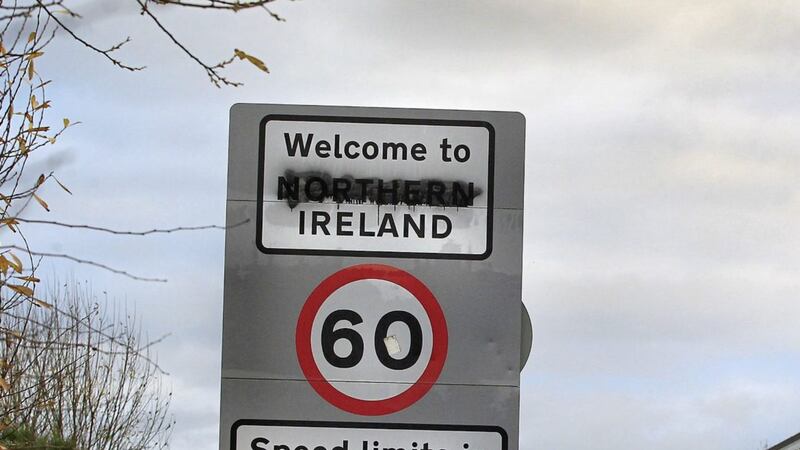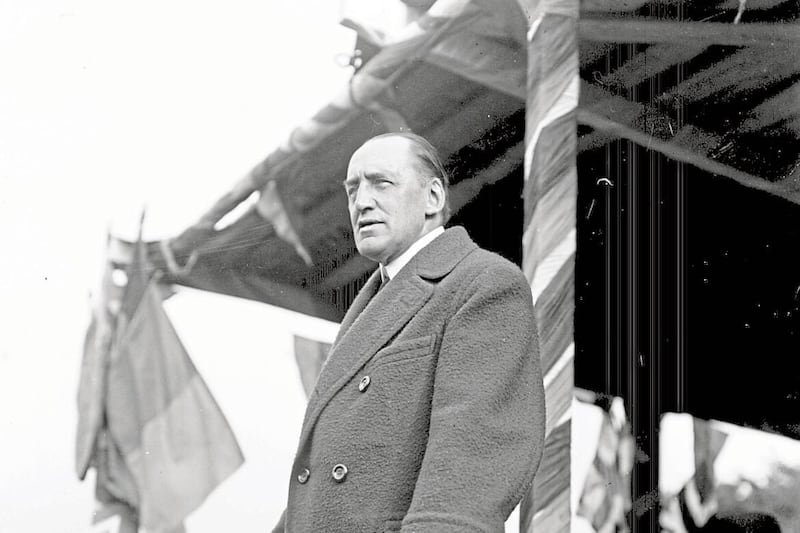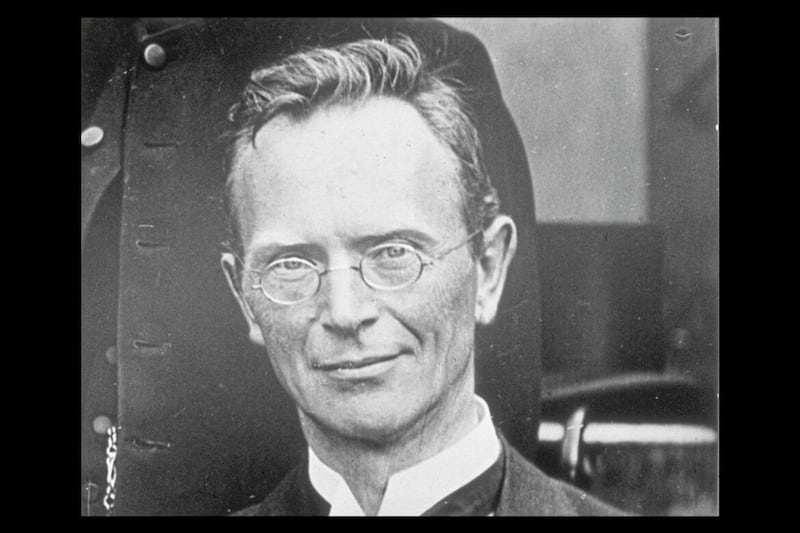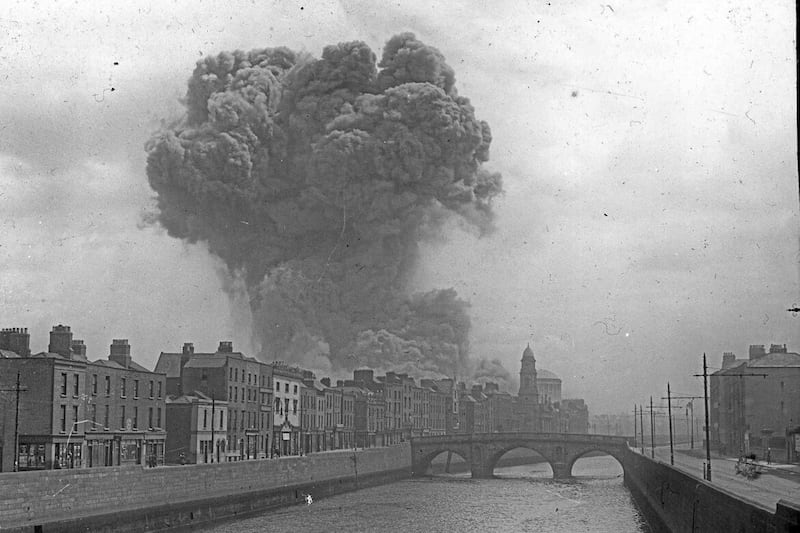THE London Times deals with Unionist Ulster’s ‘risk of exclusion’: ‘The Government is now supposed to consider carefully the demand made by Sir Edward Carson and his followers that, in the event of a measure of self-government being conferred upon Ireland, Unionist Ulster should be excluded from the operation of the Act.
By Unionist Ulster the counties of Down, Antrim, Armagh, Derry, Tyrone and Fermanagh are meant. Cavan, Monaghan and Donegal have been abandoned to their fate.
There are undoubtedly many Unionists in Belfast who speak as though they had learned to regard the policy of exclusion, not merely as a device to defeat Home Rule, but in some respects an end desirable in itself.
The majority of Ulster Unionists probably regard Partition as the less of two evils, but there are many who look at it with serious misgivings.
‘What would the effects of exclusion be? It would be established in North East Ulster… under the control of the Imperial Parliament, or eventually perhaps as a province in a United Kingdom Federation.
The remainder of Ireland would be under a separate form of government. Thus, a situation would immediately arise in which trade and industry in Ireland would be developed along one line and in “Carsonshire” along another.
These lines would tend increasingly to diverge. ‘It might well be that the Nationalists and Sinn Féiners, bitterly disappointed at the defeat of their cherished ideal of an Irish nation, would view “Carsonshire” with far from friendly sentiments. An organised boycott of Ulster trade would have its effect.’
(A series of inspired leaks to the Times in July 1919 prefigured the broad outlines of the subsequent Government of Ireland Act (1920) which established partition and two Irish states. Only the ‘acreage’ of the Northern area remained in doubt.)







